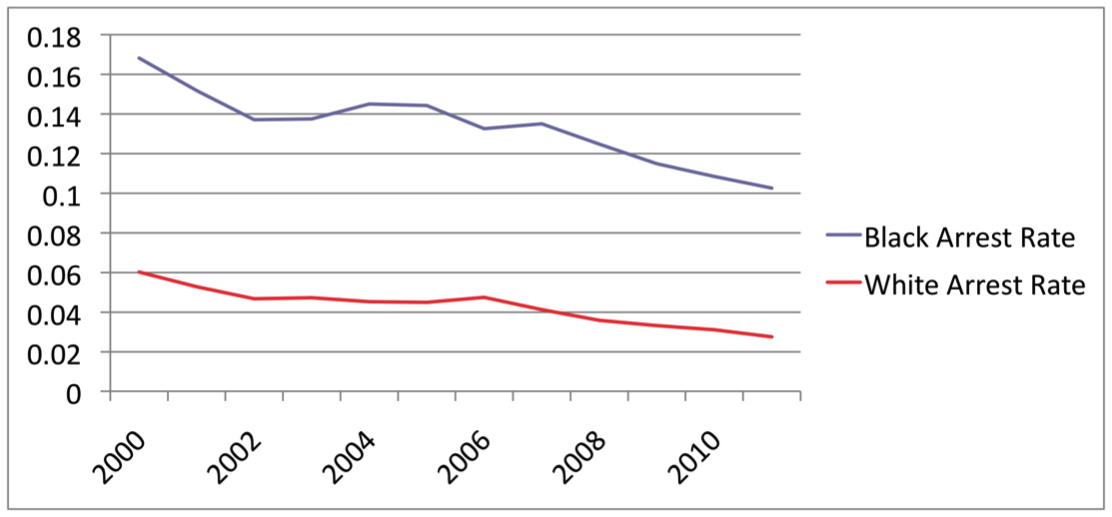Still Dreaming: The 50th Anniversary of the March on Washington
 Today marks the 50th anniversary of the March for Jobs and Freedom, more commonly known as the March on Washington. Today, in 1963, an estimated 250,000 people—of all ages, races, and creeds—descended on the Lincoln Memorial in a peaceful show of solidarity for full civil rights for African Americans. It was also the day that Martin Luther King, Jr. gave his famous “I Have a Dream Speech.”
Today marks the 50th anniversary of the March for Jobs and Freedom, more commonly known as the March on Washington. Today, in 1963, an estimated 250,000 people—of all ages, races, and creeds—descended on the Lincoln Memorial in a peaceful show of solidarity for full civil rights for African Americans. It was also the day that Martin Luther King, Jr. gave his famous “I Have a Dream Speech.”
There have been a number of interesting pieces presenting the story behind the march, behind the people who organized it, and the people who participated. You can find some of those pieces here, here, here, here, and here (linking to writer and broadcaster Jean Shepherd’s incredibly interesting radio broadcasts about his participation in the march; the popular movie “A Christmas Story” is based on Shepherd’s autobiographical stories). Or just click on today’s Google doodle to find a host of links.
While reading a good number of pieces on the march, I realized that I cannot recall once in my entire 19 years of public schooling (elementary and secondary schools, plus public college and law school) that I ever read or heard about that event and never, not once, did I ever read or hear King’s speech.


